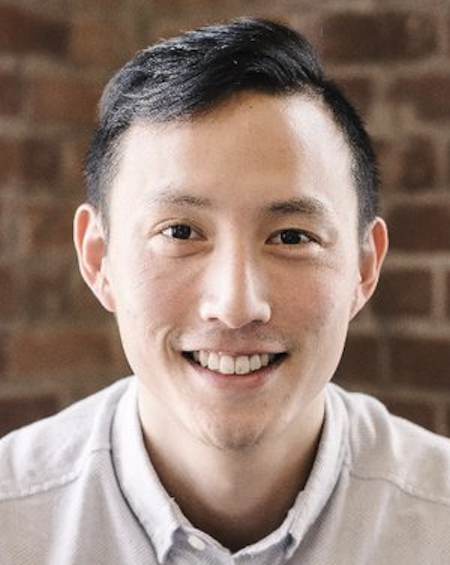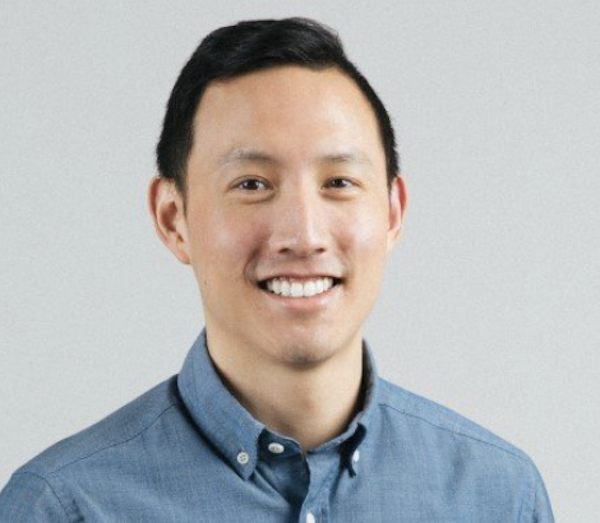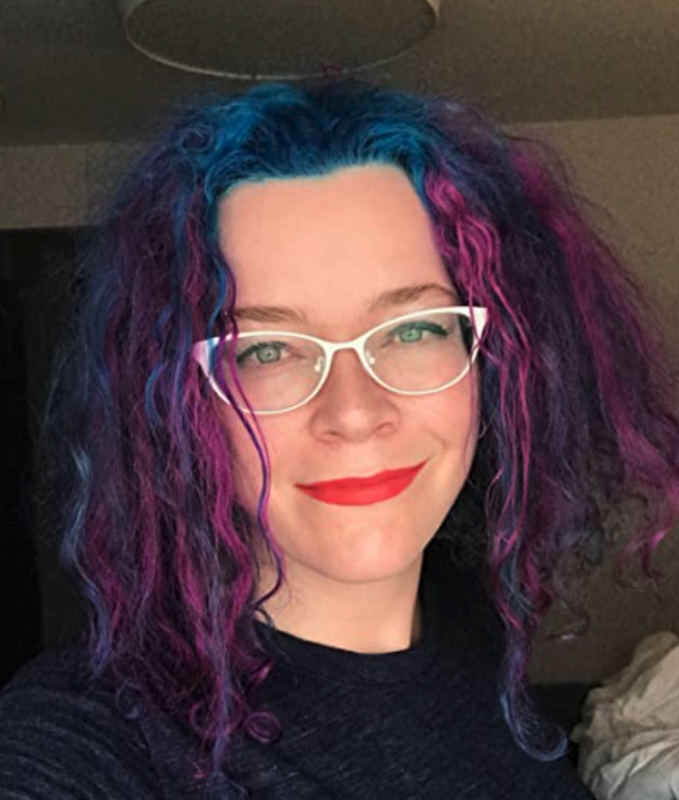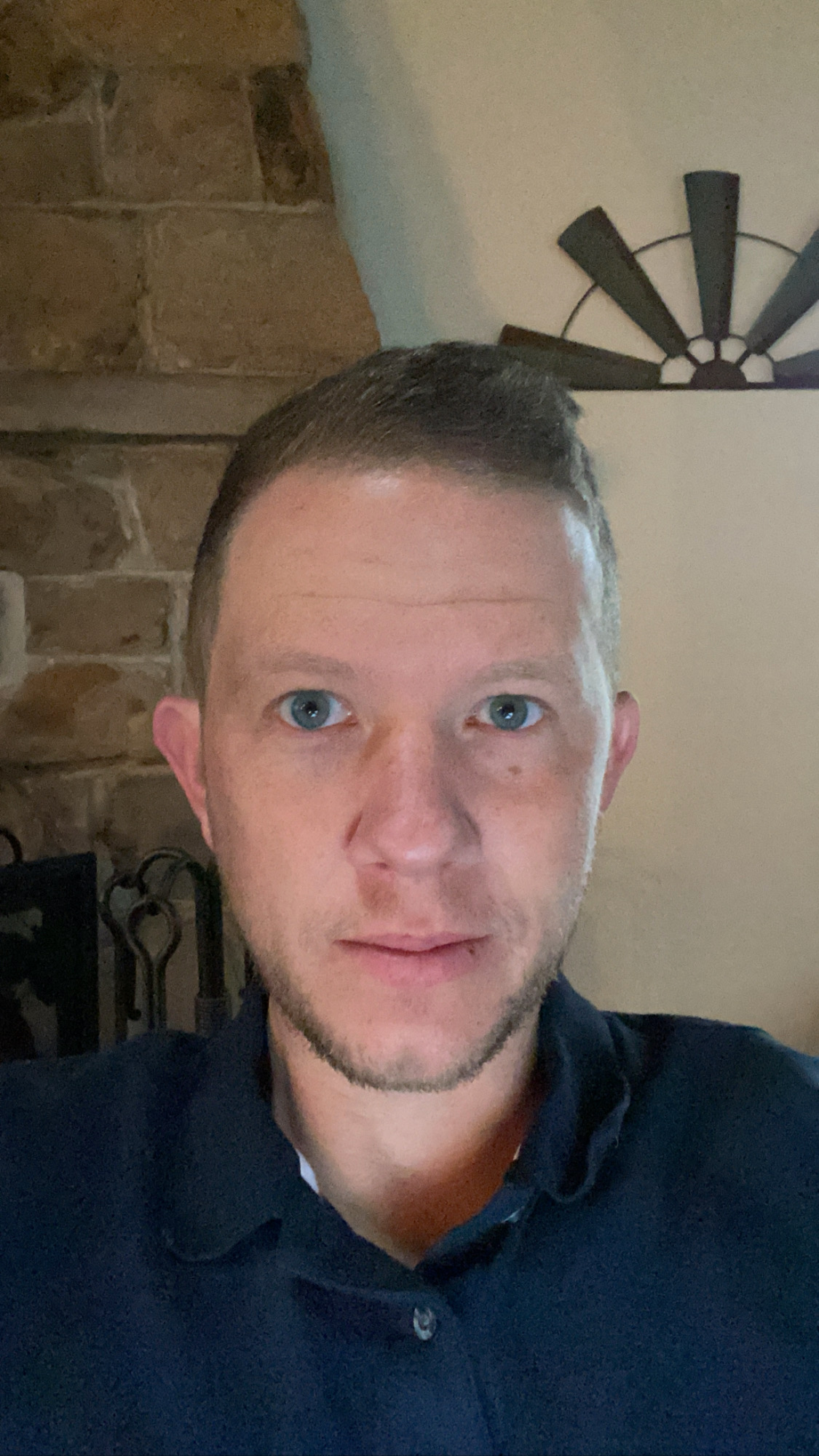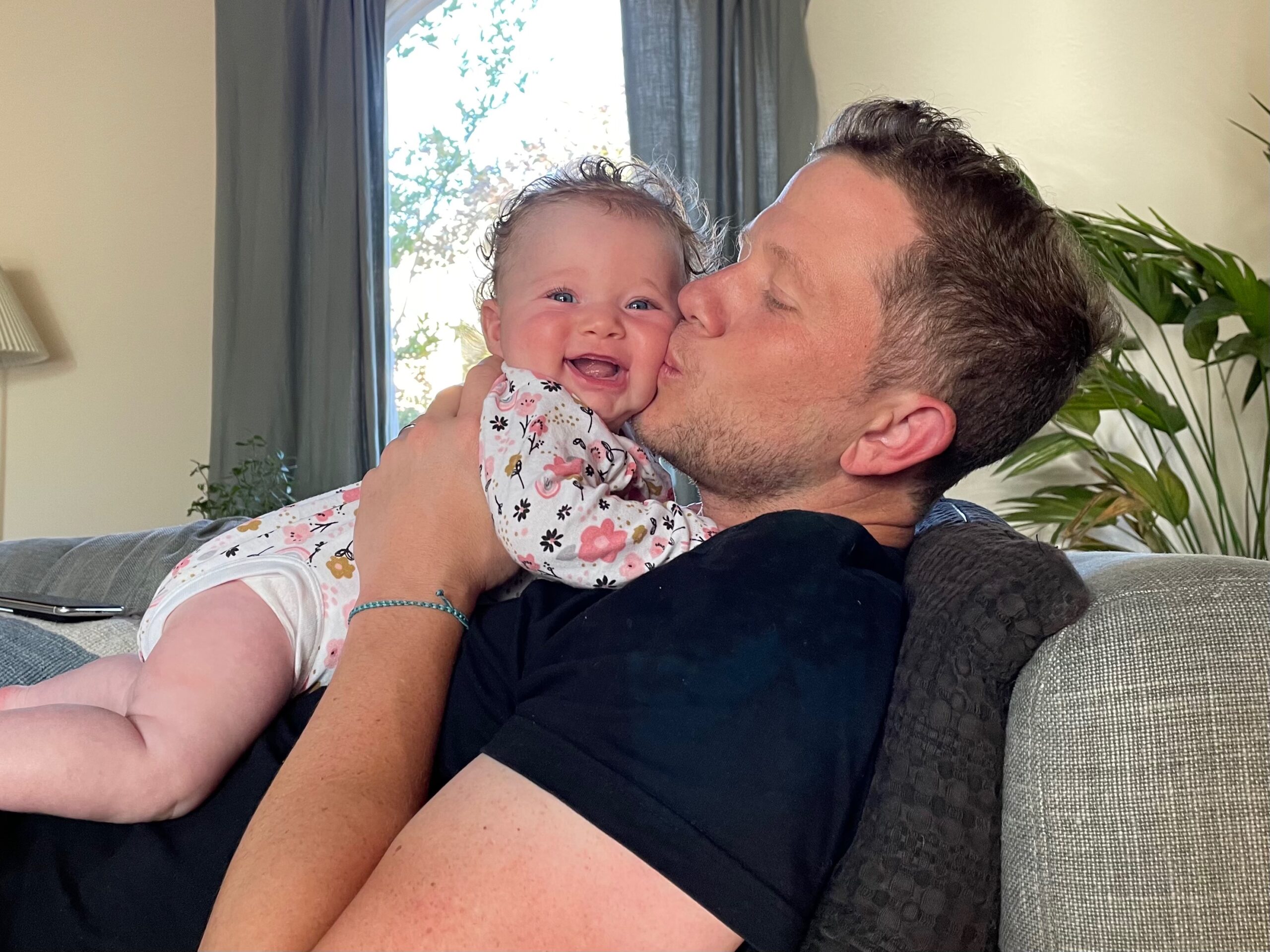
First Line of Code: Dieter Shirley – Part 2
“In my experience, over half the time you ship something with five things wrong with it, people complain about one or two of those things, but they almost never complain about all of them. And then they complain about something that you would have never expected.
You could have fixed those five things and you would have made two of those complaints go away, but you would have never solved the thing that you hadn’t seen. You can then use the time you saved fixing the things that they do actually care about.”

